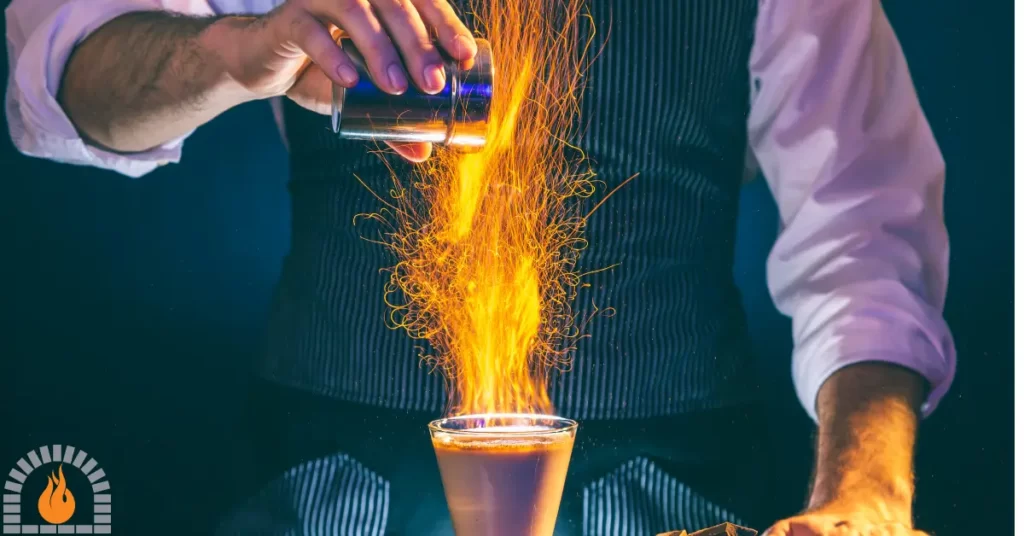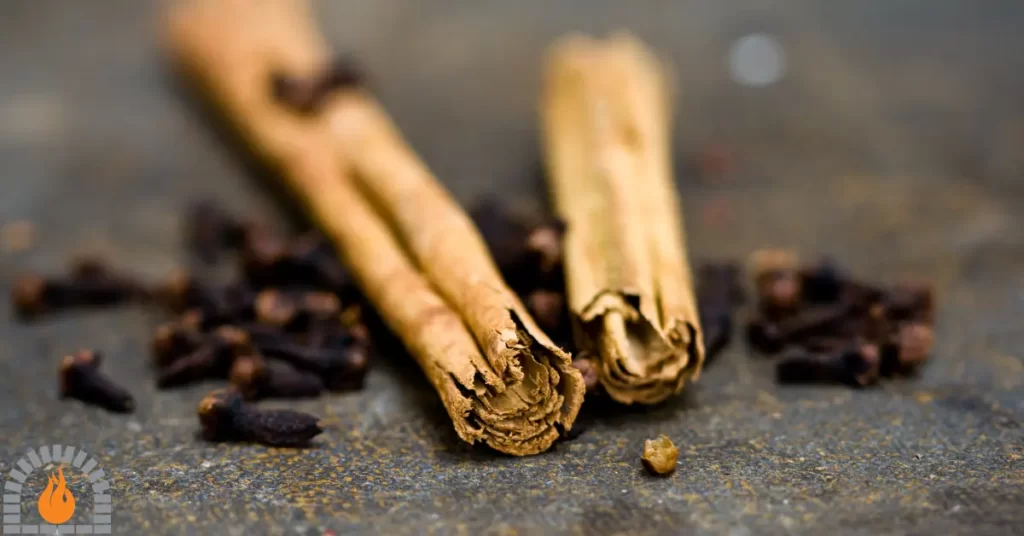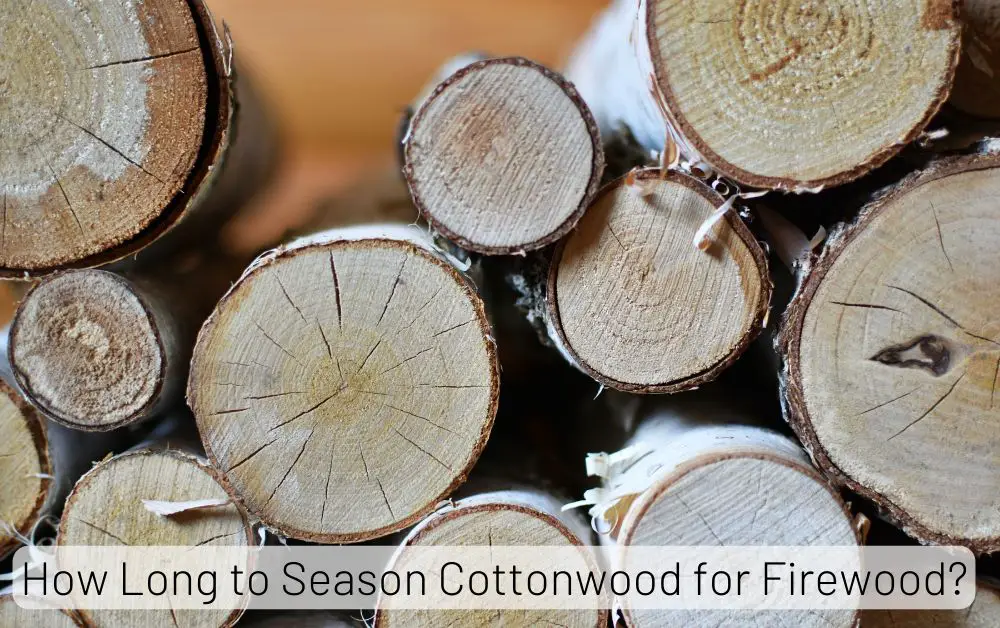Burning scented candles and aromatic spices has become a popular way to create a cozy and pleasant atmosphere in our homes. Cinnamon, with its warm and inviting scent, is one such spice that is often used in this manner. But is burning cinnamon toxic?
Concerns have been raised about the potential toxicity of burning cinnamon, primarily stemming from studies highlighting the adverse effects of inhaling large amounts of cinnamon powder or oil.
What is Cinnamon?
Cinnamon, derived from the bark of trees belonging to the Cinnamomum genus, is a versatile spice with a rich history and a distinctive aroma.
It has been used for centuries in cooking, traditional medicine, and as a fragrance enhancer.
Cinnamon contains various beneficial compounds, including cinnamaldehyde, eugenol, and cinnamic acid, contributing to its unique flavor and potential health benefits.
Is Burning Cinnamon Toxic?
Yes, burning cinnamon sticks can be toxic and lead to health risks. Inhaling cinnamon smoke, powder or essential oil, especially in substantial quantities or over prolonged durations, can harm health. The main concern stems from coumarin, a compound found in cinnamon.
Inhaling cinnamon can irritate and inflame the respiratory system, leading to symptoms like coughing, wheezing, and difficulties in breathing.
Is Cinnamon Smoke Toxic?
Cinnamon smoke can indeed be toxic and harmful to health. Inhaling smoke from burning cinnamon, like any smoke, poses risks to lung health due to the presence of particulates and carcinogens that can damage lung tissue and lead to serious complications.
Cinnamon smoke contains various chemicals, including coumarin, which has been linked to hepatotoxic and carcinogenic effects in high doses. Prolonged exposure to cinnamon compounds can also cause irritation and allergic reactions, such as stomatitis, dermatitis, and gingivitis.
Cinnamon-flavored e-cigarette liquids have been found to contain high levels of toxicity, with components like cinnamaldehyde potentially interfering with respiratory health. There have been reports of serious issues, including lung damage and even collapsed lungs, resulting from inhaling cinnamon particulates.
Is it Safe to Burn Cinnamon Sticks?
It is not recommended to burn cinnamon sticks due to potential health hazards. Cinnamon contains cinnamaldehyde and eugenol, which can ignite at low temperatures. If you decide to burn cinnamon sticks, it is essential to follow safety guidelines to avoid potential harm.
It is advisable to use a diffuser or candle burner rather than direct inhalation. Ensure that you use high-quality cinnamon sticks and avoid burning them for extended periods. Let me know if you need any further adjustments!
Symptoms of Cinnamon Toxicity
- Gastrointestinal issues: Nausea, vomiting, and diarrhea
- Oral and throat irritation: Burning sensations, difficulty swallowing
- Allergic reactions: Itching, swelling, hives, rashes, difficulty breathing
- Liver damage (rare): Jaundice, abdominal pain, changes in urine or stool color
- Low blood sugar (hypoglycemia): Dizziness, confusion, weakness, sweating

Addressing Safety Concerns
Concerns have been raised about the potential toxicity of burning cinnamon, primarily stemming from studies highlighting the adverse effects of inhaling large amounts of cinnamon powder or oil.
However, when used responsibly and in moderation, the risk of toxicity from burning cinnamon is minimal. The key lies in ensuring proper ventilation and not overexposing oneself to the smoke or fumes produced.
Cinnamon Allergies and Sensitivities
While cinnamon is generally safe for most people, it is essential to be aware of potential allergies or sensitivities. Some individuals may experience allergic reactions, such as skin rashes or respiratory issues when exposed to cinnamon or its derivatives.
If you suspect an allergy or sensitivity to cinnamon, avoiding burning it or using cinnamon-scented products is advisable.

Responsible Use and Precautions
To safely enjoy the benefits of burning cinnamon, it is crucial to follow a few precautions. Ensure proper ventilation by opening windows or using a well-ventilated space when burning cinnamon-scented products.
Avoid direct inhalation of smoke or fumes, as excessive exposure can irritate the respiratory system.
Furthermore, always use high-quality, natural cinnamon-based products from reputable sources to minimize potential risks.
Alternatives to Burning Cinnamon
If you have concerns about burning cinnamon or prefer alternatives, numerous other natural aromatic options are available. Essential oils derived from lavender, citrus fruits, or herbs like rosemary and thyme can provide similar mood-enhancing effects.
Experimenting with different scents allows you to personalize your environment while ensuring a safe and enjoyable experience.
You May Also Like To Read:
FAQs
Is cinnamon smoke harmful?
In general, cinnamon smoke is not considered harmful when used in moderation. However, excessive inhalation of smoke can irritate the respiratory system.
Can you burn cinnamon as incense?
Yes, cinnamon can be burned as incense. It is commonly used for its pleasant aroma and is often combined with other herbs or resins for a more complex scent.
Is it okay to breathe in cinnamon?
Breathing in cinnamon in small amounts is generally safe and can even have certain health benefits. However, inhaling large amounts of cinnamon powder or volatile cinnamon oil may cause respiratory irritation or discomfort.
Does heat destroy cinnamon?
Cinnamon is not destroyed by heat. Heating cinnamon can enhance its flavor and aroma. Whether used in cooking or as incense, the heat can release the compounds responsible for its characteristic scent and taste.
My Final Thoughts
Is burning cinnamon toxic? In conclusion, burning cinnamon is generally safe when used responsibly and in moderation. While concerns about the potential toxicity of burning cinnamon exist, they are primarily associated with excessive exposure or direct inhalation of large amounts of cinnamon particles.
When used correctly, burning cinnamon can create a warm and inviting atmosphere, providing various potential benefits, including stress reduction and improved focus.
Remember to prioritize proper ventilation, be mindful of potential allergies or sensitivities, and select high-quality cinnamon-based products for a safe and enjoyable experience.
Affiliate Disclosure: Fireplaceadviser.com is a participant in the Amazon Services LLC Associates Program. We may earn a commission when you click on certain links on this site and purchase.

Hello!! I am Jamal Khan. I often fix my home electric heaters and gas stove problems and research the common issues in the heating units to improve my knowledge and expertise. The aim of establishing fireplaceadviser.com is to share my expertise and knowledge with my audience.


















